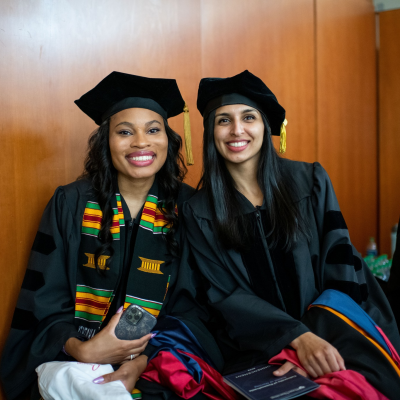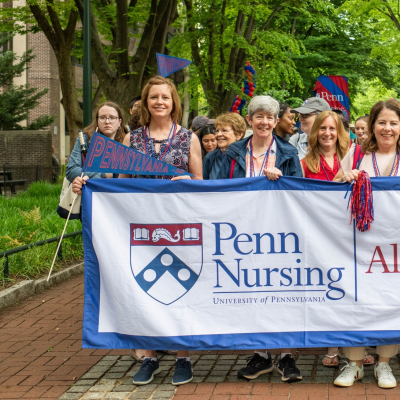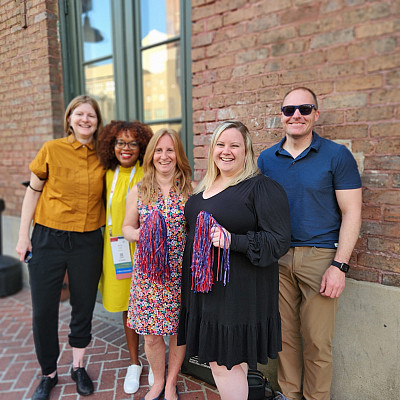Student Research
For many students, the reason to come to Penn Nursing is singular: our research program. Students here work alongside some of the very best in nursing science and research, studying under mentors who help them create, test, and implement the ideas that shape our profession.









